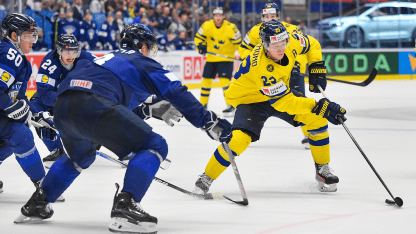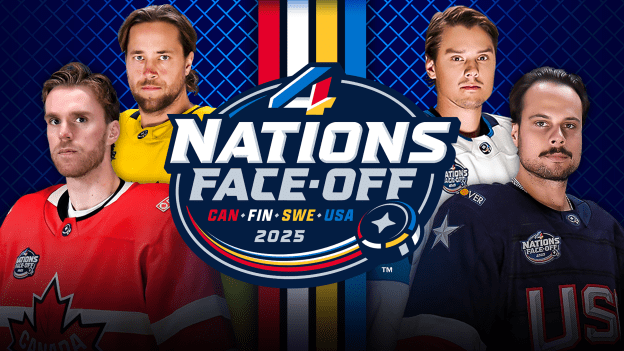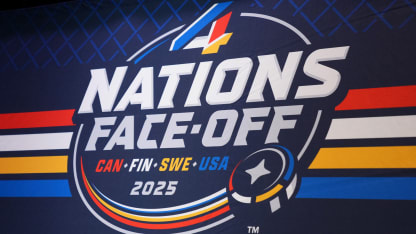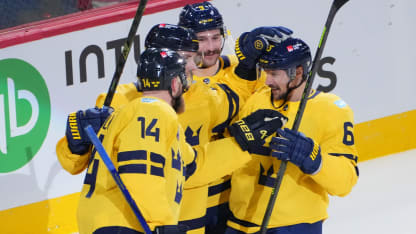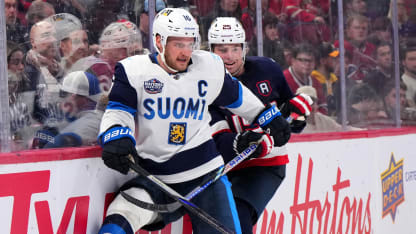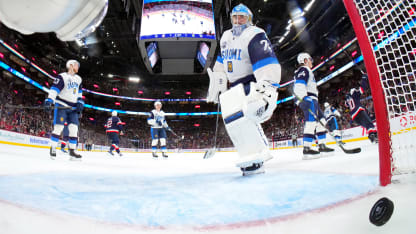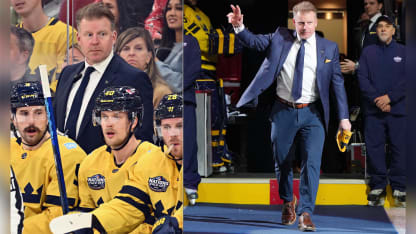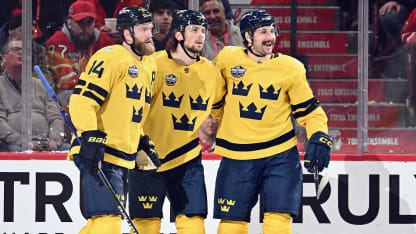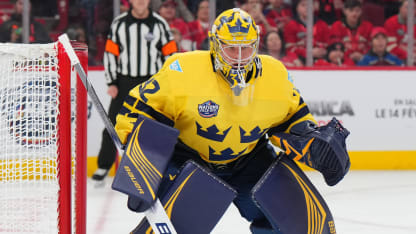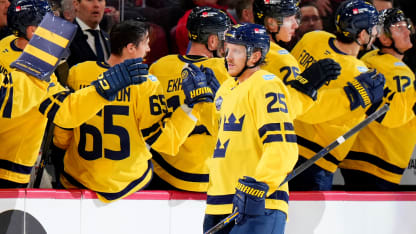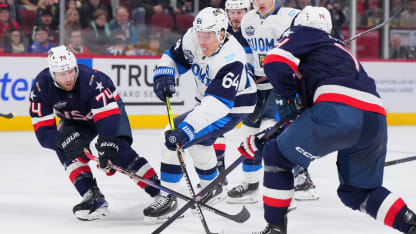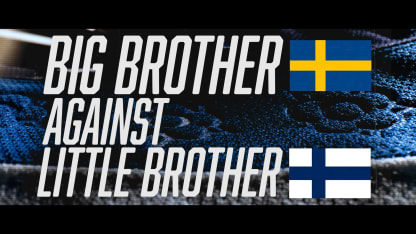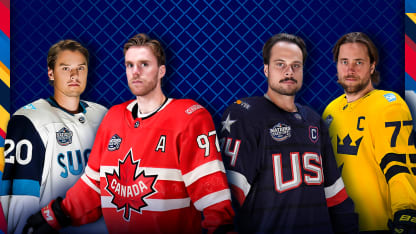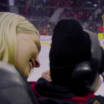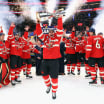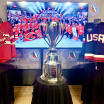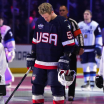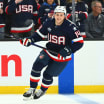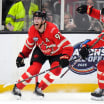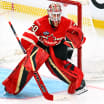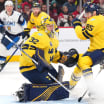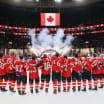Ken Dryden, the Hall of Famer, Canadiens legend, and author, wrote in “The Game” that “the golden age of anything is the age of everyone’s childhood.”
I was comfortably out of my teens before Finland ever was a contender in international tournaments. In my childhood, getting relegated from the top division was a more likely outcome than a medal. To win the whole thing? Not in the cards.
In other words, it wasn’t easy for me to find homegrown heroes in what was my golden age of Finnish hockey. Don’t get me wrong; I don’t think you’ll ever find a better passer than Matti Hagman or a more creative winger than Hannu Kapanen. But to me they were Helsinki IFK stars first and Team Finland stars second, even if Kapanen’s disallowed goal would’ve clinched Finland’s first Olympic medal in 1976.
With Team Finland finishing between fifth and seventh in the Worlds, and sixth in the Canada Cups – if invited to the six-team tournament – I had to look elsewhere for medal-winning role models.
To the East, there was the mighty Soviet Union and its flashy, speedy, skilled forwards, such as Valeri Kharlamov.
To the West, there was Sweden, the monarchy that used to rule all the land we now call Finland, its citizens speaking the language that is still the second official language of Finland, to the chagrin of Finnish-speaking teenagers who must take it at school.
Sweden was the first overseas tourist destination for many, if not most, Finns and Sweden was the Finnish artists’ first foreign market as they tried to follow in ABBA’s footsteps. The Sweden of Volvo and Saab was also home to about 200,000 Finns who moved there in the 1960s to build those cars.
Sweden had Ingrid Bergman, Ingmar Bergman, IKEA, Absolut, Europe, Roxette, Britt Ekland, and Ivan Drago (Dolph Lundgren), and Team Sweden –Tre Kronor – who succeeded in something that eluded the Finnish “Lions.”
They won medals in international tournaments.
Unsurprisingly then, when I sat down at my desk after school in Helsinki to write imaginary play-by-plays in a journal, the Finns were already out of the picture when I got to the key games. Even my imagination had its limits.
